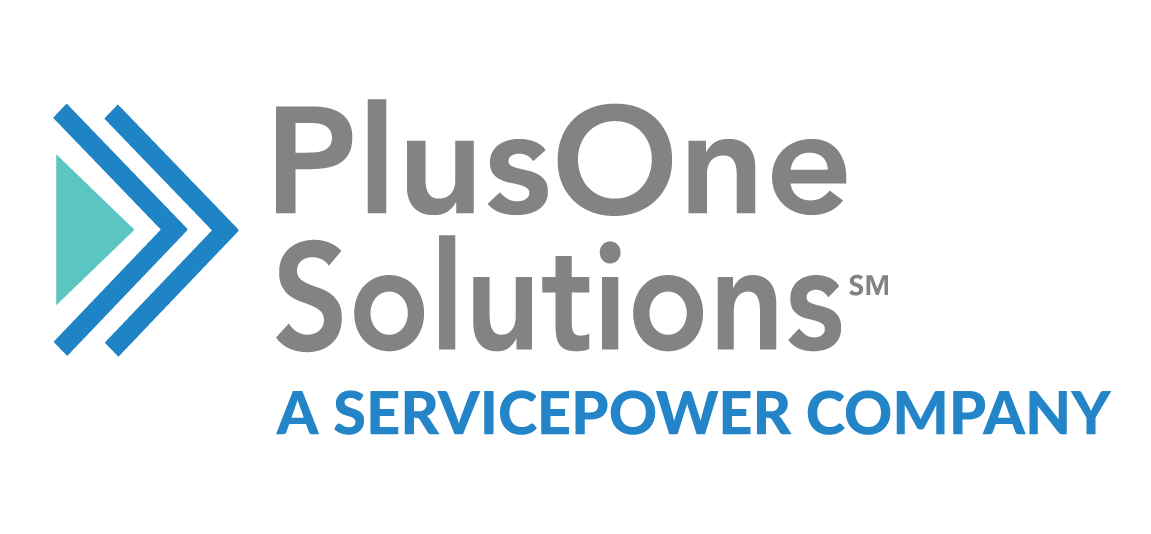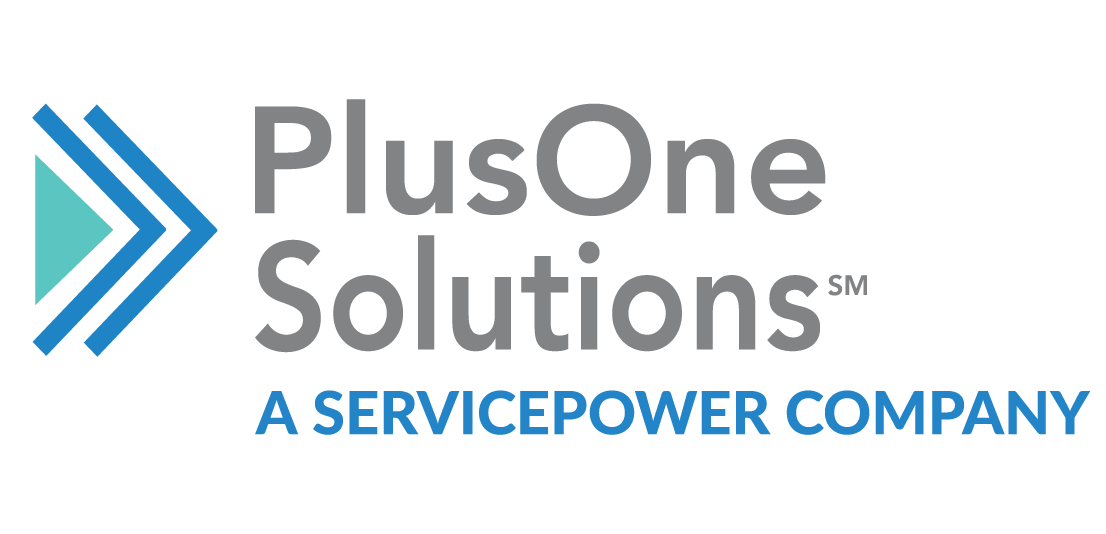Know More, Risk Less with PlusOne Screening Solutions Vendor Screening
In today’s business landscape, it is crucial for companies to understand their partners. Aligning with an unscrupulous, ethically compromised, or criminally motivated vendor or client can profoundly impact a company’s public reputation and financial resilience. PlusOne Screening Solutions offers a comprehensive Vendor Screening solution to mitigate these risks.
Verify Your Partners: Vendors, Contractors, Clients, and Contingent Workers
Effectively assess potential vendors, independent contractors, contingent workers, clients, and more to mitigate the risk of losses from vendor-related fraud. Our vendor screening program enables clients to enforce specific corporate standards, covering licensing, insurance, compliance, and essential personal and corporate criteria.
This proactive approach not only minimizes the potential for losses due to fraud but also reinforces a company’s ethical standards and corporate requirements within each business relationship.
To conduct a thorough and comprehensive Vendor Screening it's important to screen both the Vendor or Company as well their Owners and Principals.
PlusOne Screening Solutions for Screening Vendors or Companies
Partner with new vendors or companies with confidence by vetting them first with PlusOne’s Business Profiles reports. The following reports provide information such as detailed supplier & financial payment histories, scores, analytics, firmographics, google maps link to the address, corporate record, corporate linkage, collections, tax liens, lawsuits, judgments, UCC’s, bankruptcy and OFAC check. In addition, they also come with 12 months of free monitoring with alerts!
Business Profile Plus
Business Profile Essentials
Solutions for Screening Owners and Principals
PlusOne Screening Solutions offers a full suite of background check options via our intuitive, mobile-friendly, hassle-free screening platform. Our friendly, experienced Sales team can help tailor screening packages from the commonly ordered background check searches below:
The following are different options to help mitigate risks when partnering with a new vendor or company:
The following are different options to help mitigage risks when partnering with a new vendor or company:
Criminal Record Searches
County, Statewide, Federal and US Criminal Locator Searches available

International Screening
Employment background check services provided in over 200+ countries

Social Media Screening
A search of all social media networks and accounts to gather info on an applicant’s character

Hassle-Free Vendor Screening Solutions to Meet your Compliance Needs
In today’s fast-paced procurement landscape, vendor screening is a vital practice that allows businesses to protect their supply chains from unexpected disruptions. Effective vendor background screening enhances supply chain management by identifying trustworthy, capable suppliers who adhere to necessary compliance standards and mitigate risk factors that could otherwise jeopardize operations.
For any organization looking to establish a robust vendor screening process, understanding its significance is the first step. Vendor screening services support companies in meeting regulatory requirements, maintaining high-quality standards, and ensuring that their supply chain aligns with company values and performance metrics.
The initial stages of setting up a vendor screening process involve identifying specific risk factors and defining compliance requirements that suppliers must meet. These initial steps are crucial, as they set a foundation for evaluating suppliers against industry standards and internal benchmarks. Companies should start by conducting preliminary research on potential vendors and creating a list of criteria that reflect organizational priorities in areas such as legal compliance, operational capacity, and risk management.
Key Components of Vendor Screening
A comprehensive vendor screening process includes several essential elements that help ensure vendors meet the organization’s quality, compliance, and risk standards. Among the key components are background checks, employment verification, financial assessments, drug testing, education verification, and capability evaluations. Each serves a distinct purpose in verifying a vendor’s qualifications. For example, background checks assess the legitimacy and reputation of a vendor, while financial assessments determine their stability and capacity to fulfill long-term commitments.
Compliance checks are an integral part of vendor screening, ensuring that vendors follow legal and regulatory requirements that are critical to business operations. Failing to conduct thorough compliance checks could expose a company to risks like penalties or supply chain disruptions due to vendor non-compliance. Another vital aspect of vendor screening is risk assessment, which helps identify potential risks posed by a vendor and assesses their probability and impact. Third party risk management methodologies often include quantitative and qualitative analyses that evaluate factors such as geopolitical influences, financial reliability, and operational dependencies.
Evaluating Vendor Reputation and Quality
One of the most challenging aspects of vendor screening is evaluating a vendor’s reputation and quality. Vendor screening services should assess a vendor’s track record through customer reviews, industry references and in-depth market analysis. This process enables companies to determine whether a vendor has a history of reliability, product quality, and customer satisfaction. Analyzing online reviews and speaking with current or past clients can provide insights into a vendor’s strengths and potential areas for improvement.
Establishing vendor quality benchmarks is equally important. These standards help ensure that all suppliers meet a consistent level of product and service delivery. Quality benchmarks should be specific, measurable, and aligned with the organization’s operational goals. Continuous monitoring of vendor performance is essential to maintain quality standards and uphold a reliable supply chain. By tracking metrics such as delivery times, defect rates, and responsiveness, diligence services can proactively address issues that may arise and maintain a strong relationship with their vendors.
Best Practices for Conducting Vendor Audits
Vendor audits are essential for verifying that a vendor complies with an organization’s quality and performance standards. The primary objectives of vendor audits are to assess a vendor’s adherence to regulatory and industry standards, evaluate their risk management practices, and identify potential areas for improvement. Conducting regular audits also allows organizations to maintain oversight of their vendors’ operations and ensure long-term alignment with organizational goals.
Preparing for a vendor audit involves several steps, including developing a checklist, scheduling the audit, and gathering necessary documentation. The checklist should cover areas like compliance, quality control, and risk management practices to provide a comprehensive evaluation. Once prepared, the audit can be conducted onsite or remotely, depending on logistical factors.
Challenges may arise during the audit process, such as resistance from vendors or issues accessing specific records, but these can be overcome with clear communication and thorough preparation.
Risk Mitigation and Compliance in Vendor Management
Effective vendor screening is one of the most valuable tools for mitigating supply chain risks. By proactively identifying potential issues, organizations can address vulnerabilities before they lead to disruptions. Risk mitigation strategies involve setting clear criteria for vendor selection, performing due diligence, and implementing regular compliance checks. Properly background screening vendors minimizes the likelihood of working with those who may fail to meet performance or regulatory standards.
Compliance standards vary by industry, but commonly include regulations around data security, environmental impact, and labor practices. Vendors must adhere to these standards to maintain a business partnership. Ongoing compliance checks help ensure that vendors remain in alignment with the organization’s policies and regulatory requirements. Regular assessments also provide insight into any changes within the vendor’s operations that may affect their compliance or risk levels.
Leveraging Technology in Vendor Screening
Technology plays an increasingly central role in vendor screening, offering tools that streamline and enhance due diligence, risk assessment, and vendor compliance checks. Modern vendor screening services utilize artificial intelligence (AI) and blockchain technology to improve data accuracy, transparency, and decision-making speed. For example, AI can analyze large datasets to identify patterns and risks in real time, allowing procurement teams to make informed choices quickly.
Contract management software is particularly valuable for tracking and maintaining vendor relationships. By centralizing contract information and automating vendor safe background checks, contract management tools help organizations stay organized and ensure that all vendors meet specified criteria.
Digital tools enhance due diligence and risk assessment by providing advanced analytics and visualization capabilities. Using these technologies enables companies to assess potential risks accurately and implement mitigation strategies, ultimately creating a more resilient and agile supply chain.
Case Studies: Successful Vendor Screening Strategies
Real-world examples of successful vendor due diligence illustrate the practical benefits of a comprehensive sanction screening process. A leading global energy company recently improved its vendor screening process by implementing a third-party risk intelligence platform. This technology helped streamline supplier assessments, focusing on cybersecurity, which reduced screening time, lowered costs, and enhanced overall risk management.
To manage vendor risk more effectively, a Fortune 500 consumer goods company adopted a similar reference check and comprehensive vendor screening service. This allowed the company to conduct on-demand vendor assessments in data protection and compliance, saving time, reducing costs, and allowing the security team to prioritize strategic tasks. These case studies highlight the impact of effective vendor screening in reducing risks and improving efficiency.
Key Takeaways for Effectively Screening Vendors and Future Trends
Mastering vendor screening is essential for professionals looking to strengthen their supply chains and protect their organizations from potential risks. Key takeaways from effective vendor risk management include the importance of due diligence, continuous risk assessment, and maintaining compliance standards. By implementing a structured approach to potential vendor management, procurement teams can establish reliable partnerships and enhance the overall efficiency of their supply chains.
Integrating these insights into everyday procurement processes can create lasting benefits, from cost savings to improved vendor relationships. As technology continues to evolve, new tools will become available to further streamline vendor screening and risk management.
Looking ahead, the future of vendor screening will likely incorporate more advanced technologies such as AI and blockchain. This will allow companies to navigate an increasingly complex hiring landscape with confidence and resilience.

